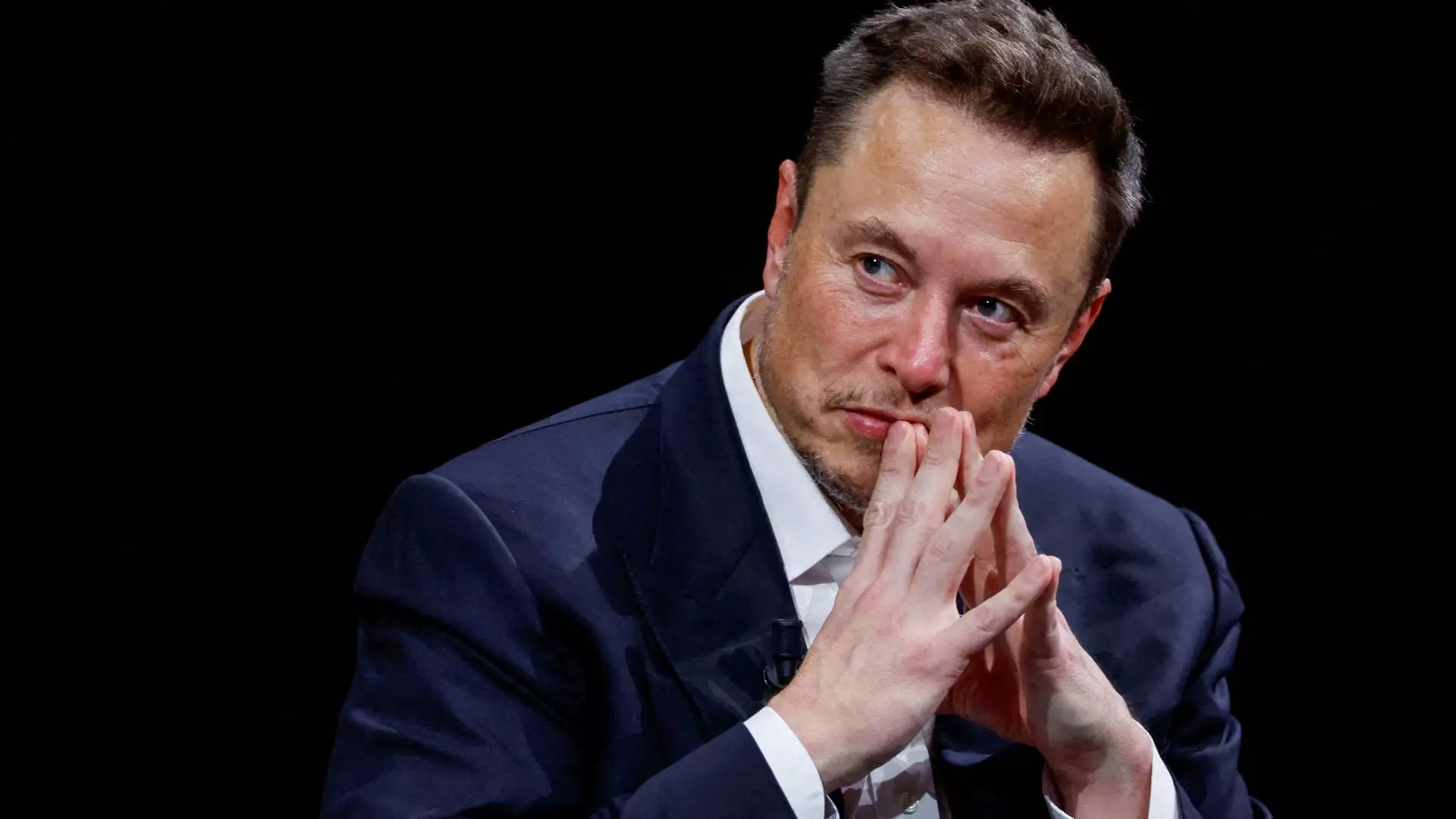Elon Musk’s recent award of an astronomical stock package—96 million shares valued at $29 billion—is a bold but deeply concerning move that exemplifies the unchecked power and entitlement that can pervade corporate leadership. While on the surface, this seems like a reward for Musk’s leadership, in reality, it highlights a reckless prioritization of personal gain over the long-term health of Tesla and its shareholders. Essentially, this package is more of a gamble, contingent on Musk’s continued tenure—despite ongoing legal battles and mounting public scrutiny—that could very well unravel the foundations of this “reward.” The fact that a CEO’s future compensation hinges on legal battles is unsettling, revealing a troubling attitude toward accountability and transparency in corporate governance.
Legal Turmoil as a Gateway to Crisis
Tesla’s legal disputes, especially the contentious 2018 compensation plan, expose a deeper flaw—an erosion of shareholder trust and regulatory oversight. The court ruling that the board withheld critical information to secure shareholder approval is a damning indictment of corporate transparency. Musk’s subsequent anti-Delaware campaign and attempts to move Tesla’s incorporation to Texas underscore a disturbing tendency to evade accountability rather than address the core issues. These actions appear more self-serving than strategic, raising questions about Musk’s genuine commitment to stakeholder interests. Continually distracting Tesla with legal skirmishes and political maneuvering risks diverting attention from essential operational challenges, like declining sales, shrinking revenues, and the looming expiration of tax incentives.
The Threat to Tesla’s Core Mission
Musk’s personal ambitions extend beyond Tesla’s electric vehicles; he’s heavily involved in AI and robotics through ventures like xAI, which remain poorly disclosed and seem disconnected from Tesla’s main mission. Musk’s push for over 25% voting control signals a propensity toward concentration of power that risks sidelining diverse shareholder voices and undermining democratic governance. His stance that Tesla cannot lead in AI and robotics without controlling a significant voting share shows a disturbing inclining toward authoritarianism within corporate governance—a dangerous precedent for a company that claims to hold innovation at its core. This mindset, combined with the formation of new ventures unaffected by Tesla’s oversight, suggests Musk is increasingly prioritizing personal and political influence over responsible management.
The Political Shadows Cast Over Tesla’s Bright Future
Musk’s political entanglements, including his past engagement with the Trump administration and subsequent involvement in new political parties, complicate Tesla’s image. His efforts to influence policy rather than focus on product quality or customer satisfaction have alienated consumers and strained relations in key markets like the U.S. and Europe. Such actions threaten Tesla’s reputation as an innovative and forward-thinking company, replacing it with an image of a politically motivated entity driven more by figures of personal influence than genuine technological progress. The careless intertwining of business and politics has also appeared to hurt Tesla’s recent financial performance—evident in declining sales and decreasing revenue, compounded by concerns over long-term EV tax credits.
The Broader Implication: Power Without Responsibility
Overall, Elon Musk’s current trajectory illustrates a dangerous trend where personal ambition and a desire for control eclipse corporate responsibility. Even as his legal battles and political pursuits threaten to destabilize Tesla’s operational foundation, the company’s leadership continues to reward Musk excessively, reinforcing the notion that a single individual’s interests can overshadow those of millions of shareholders, employees, and consumers. This approach could create systemic vulnerabilities, not just for Tesla, but for the broader perception of corporate accountability in the tech industry. Society’s expectations for responsible leadership—especially from influential figures like Musk—should demand more transparency, humility, and a commitment to the collective good, not just personal enrichment and political leverage.


Leave a Reply